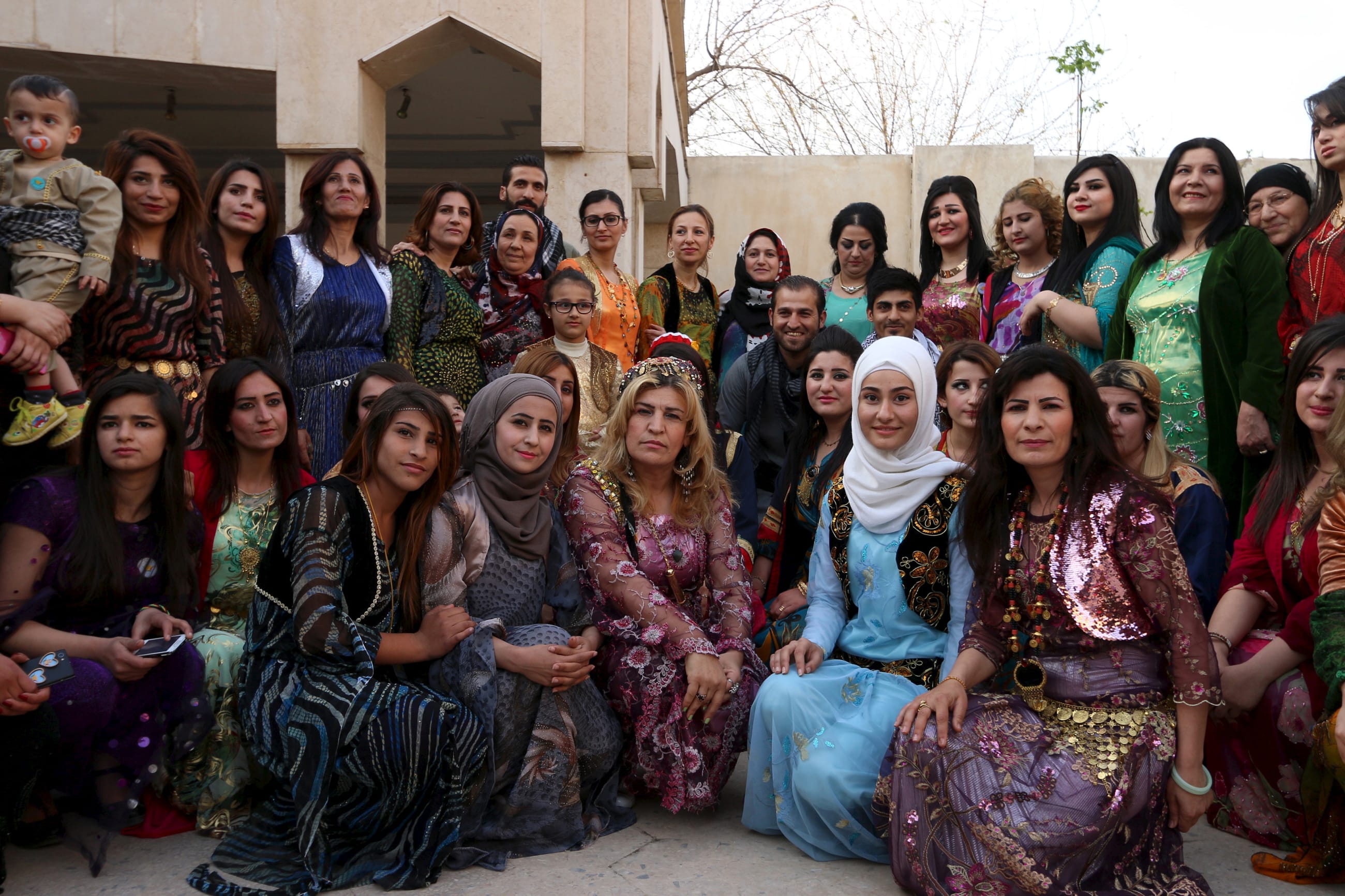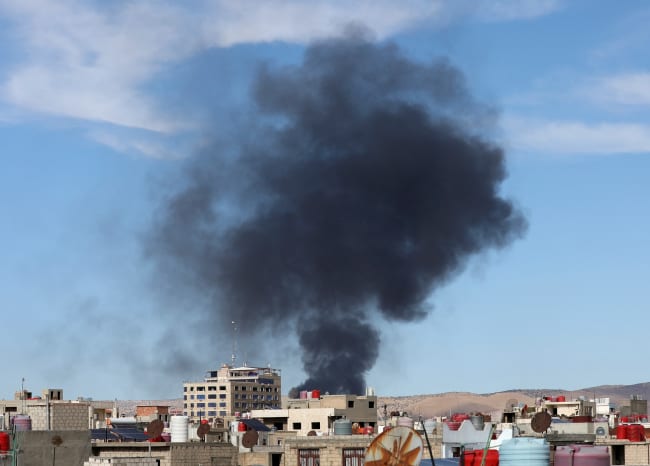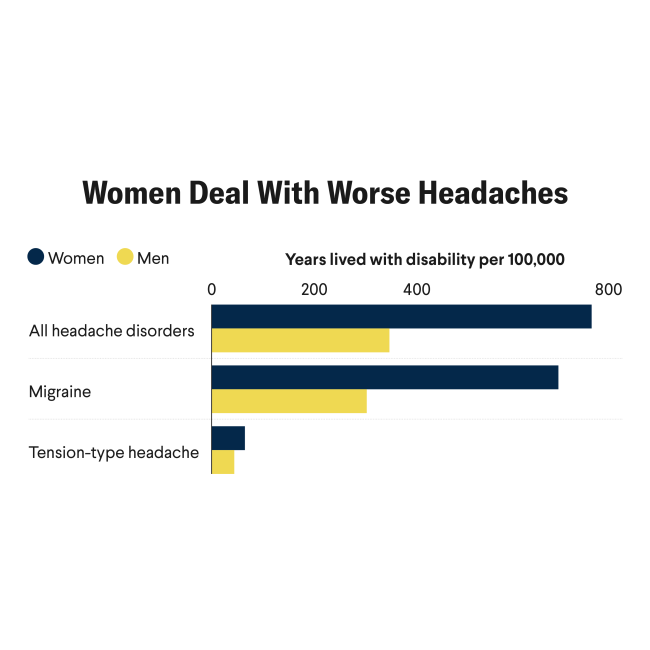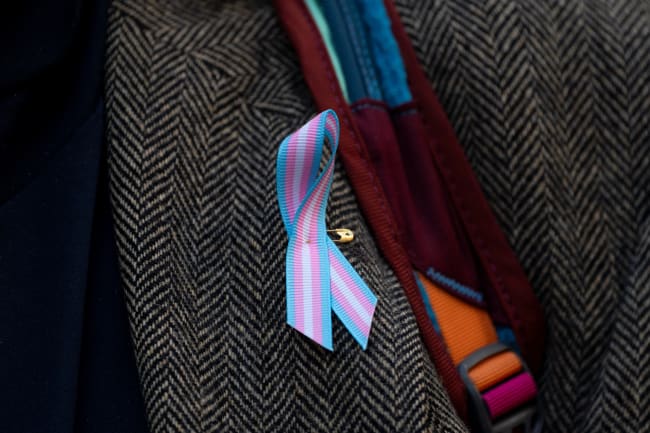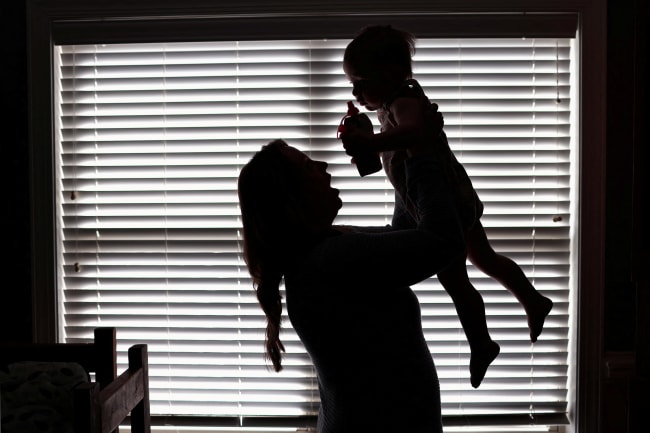Rojava—Kurdish for "the place where the sun sets"—is an autonomous region in northeastern Syria predominantly inhabited by Kurds and Arabs.
Established in 2012 during the Syrian civil war, Rojava stands as an experiment in radical democracy. It is governed by the principles of so-called democratic confederalism—a nonstate form of governance rooted in local, direct democracy, ecological sustainability, and gender equality. This autonomous political structure emphasizes pluralism, allowing Kurds, Arabs, Assyrians, and other groups to cogovern the region. Rojava is sometimes used interchangeably with the Autonomous Administration of North and East Syria (AANES).
This political utopia has come at an enormous cost. Rojava is under constant threat from military-terrorist violence and a scarcity of goods. The latter is closely tied to the existential danger posed by Syrian support of rebels, Turkish forces, and various Iranian-backed militia groups.
Education is often overshadowed by the urgent needs of survival, especially for women. Rona*, a female medical student in Rojava, is an example. Caught between the challenges of studying medicine and living in a region devastated by the Syrian civil war, the 23-year-old aims to improve her future and that of her people.
In several telephone interviews translated to English from Kurmanci Kurdish, she shared her longings for a normal life, but explained that becoming a doctor is not solely a career choice for her; it is also an act of resilience. "Living and studying in this area is very difficult, but for me, the unbearable pain of witnessing people in my community—especially our women—struggle without any proper medical care, is one of my main driving forces toward the future."
Education is often overshadowed by the urgent needs of survival, especially for women
Rona's academic pursuits are influenced by the ongoing conflict in the region. Over the past two years, she and her peers have been forced to evacuate their dormitories twice because of Turkish bombings. "Every time an evacuation order was issued, my heart sank, I had to remind myself to take a lot of deep breaths," she admits. "It's impossible to establish a reliable routine while a capacious part of your mind is constantly consumed by the fear of the next attack."
This instability has had a noticeable psychological toll, making it hard for Rona to focus on her studies. "How can I study when the sound of the last explosions, as a regular reminder, are still in the back of my mind?" she says, describing how the emotional burden sometimes overshadows her passion for learning.
Although the university provides accommodations and scholarships for students from occupied territories including Afrîn, Serê Kaniyê, and Gire Sipî, covering essential living expenses has become extremely difficult. In light of the economic inflation, many students, including Rona, are forced to work part-time jobs or rely on family support to make ends meet.
Despite these difficulties, Rona feels a profound sense of purpose. The Autonomous Administration of North and East Syria has made significant strides in promoting women's education in the region by passing gender equity laws that stipulate women should "hold 50% representation across all institutions and councils."
Rona is determined to seize those opportunities. "This revolution has opened doors for us that we did not realize existed," she explains. "I am here not just for myself, but also for all the women who came before me and for those who will follow across all institutions and councils."
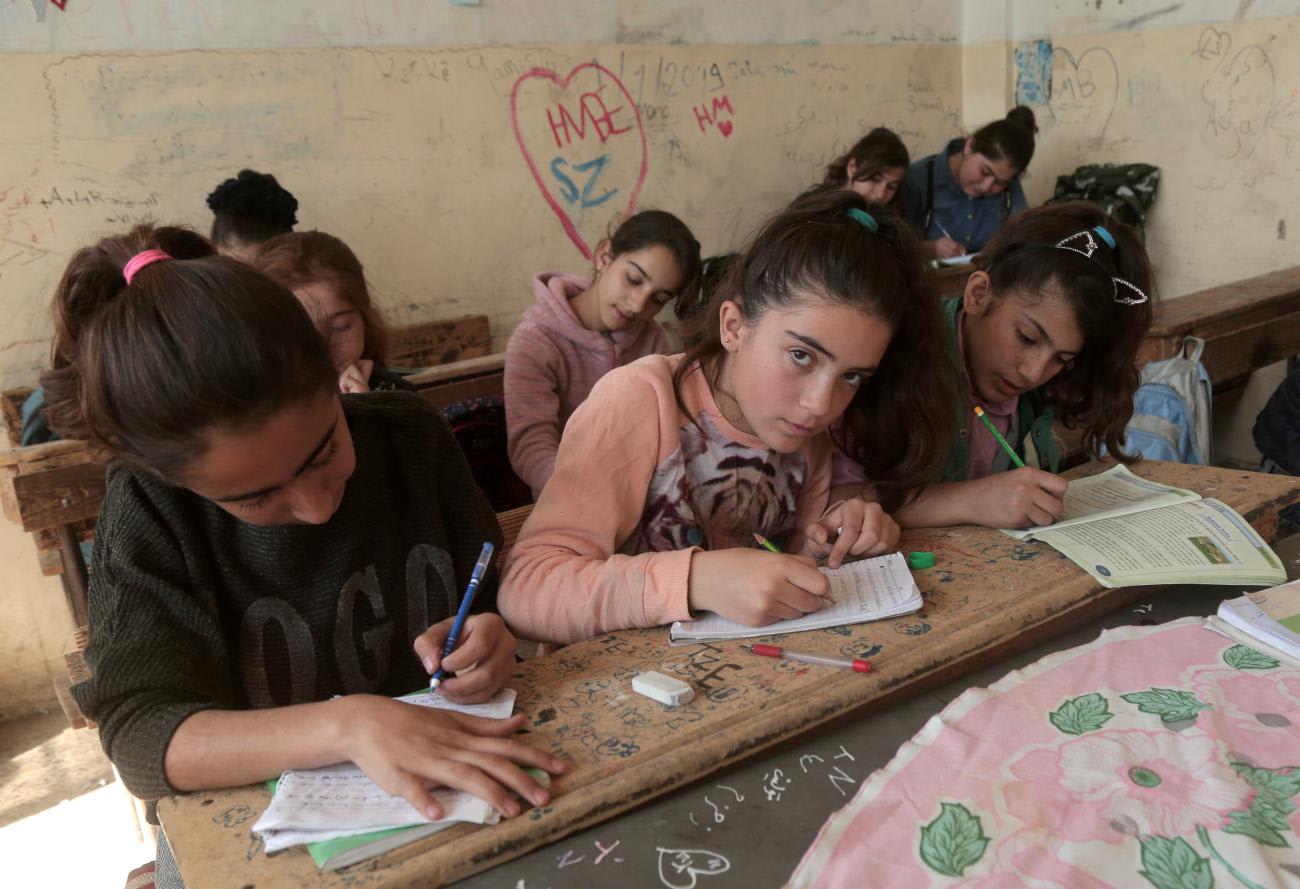
Medical Education in Light of Instability
When the first university in Rojava opened in 2016, it marked a milestone for the region's education system. For decades, the Syrian-Arab government had deliberately kept the territory cut off from any form of advancement and participation, so it was significant that the university also included a medical faculty. When the first cohort of doctors graduated last year, however, few among them were specialists.
To ensure that more specialists graduate, the university will need additional resources and professors with varied medical backgrounds. Local NGOs such as CAM-MEK are working to bridge those gaps by providing essential support to rebuild and strengthen health-care infrastructure in the war-torn region. After reaching the 50,000 euros fundraising goal, which is on track for 2025, the first advanced training courses in orthopedics and gynecology are set to begin in Raqqa, the former capital of ISIS, which was liberated by the Kurds in 2017.
Rojava and its health committee are also hosting first-aid courses for the general public. These courses provide specialized training in treating battlefield injuries and administering immediate medical care, aligning with the war-torn region's current needs. As Rojava faces the threat of another invasion by Turkey or Syria, these courses equip individuals with the skills to manage war casualties and provide immediate care when ambulances are unavailable or delayed. Because women are also participants, these courses demonstrate the expanded roles that women in Rojava are taking on beyond combat battalions. They show that women are needed to ensure security and safety in a war-torn situation.
The largest remaining obstacle to medical education was Syria's Bashar al-Assad regime and its international partners. Even if structures are established to stabilize medical care and education as effectively as possible in a war zone, those institutions are often not internationally recognized. For example, the central governments in Syria and many other countries still refuse to recognize AANES diplomas. The recent change in power with the defeat of the Assad regime need to be observed, but the victory of Hayat Tahrir al-Sham (HTS) and some other Islamist fractions will surely not help ease the situation.
Accepting AANES-issued diplomas would be a step toward legitimizing the region and enhancing its credibility—something the Assad government was strongly against. Moreover, Turkey and Iraq, both partners of the Western coalition against the Islamic State but challenging ones (given that Turkey supports Islamist groups and Iraq is a haven for Iranian proxies), would not accept this step toward semi-independence without consequences, potentially leading to geopolitical repercussions. The decision to postpone elections in the AANES earlier this year, following Turkey's threat to invade, is an example. As for Syria, any recognition of AANES projects would implicitly recognize the autonomy of the region, undermining the former and potentially future Syrian government's claim to sovereignty over its territory.
Living in a war-torn region, combined with the lack of internationally recognized degrees, severely limits women's ability to pursue medical education. Without valid credentials, graduates face restricted job opportunities outside the region—despite many aspiring to leave—and are excluded from international programs and training. This lack of recognition undermines incentives to enroll in medical or higher education, particularly for women who already face systemic barriers.
The ongoing danger posed by both the Syrian—HTS and the Syrian National Army (SNA)—and Turkish armies makes women's medical education even more difficult. Following the Turkish invasion, a Kurdish university in Afrîn, in northern Syria was forced to close and key teaching staff were arrested.
A Glimmer of Hope
"I wish our universities were recognized internationally. That would help us collaborate with other institutions and empower us to create a more lasting impact, both for ourselves and for Rojava," Rona concludes. Partnerships with internationally recognized institutions, including those in the United States, would be an important first step in accelerating the accreditation process for universities in Rojava. Existing collaborations with Washington State University, Binghamton University, and various European establishments could be expanded to include online lectures and exchanges, which are more accessible and easier to conduct. This partnership would demonstrate that Rojava's education system meets Western standards and therefore could and should be recognized as equivalent.
The courageous women will do their best to heal the wounds of their people and draw new strength from every setback
Furthermore, the United States and other Western countries could support Rojava by providing humanitarian aid to rebuild its health-care infrastructure, fund medical education programs, and facilitate exchange opportunities for Rojava's medical students.
Until now, U.S. aid has concentrated more on stabilization efforts related to security rather than funding the region's health-care infrastructure or medical education programs. Past efforts in Afghanistan and Iraq have shown that such support can bear fruit. In Afghanistan, U.S. support included comprehensive efforts to train health-care workers, develop clinics, and establish vaccination campaigns, all coordinated with international organizations for broader impact.
The United States should also advocate for the protection of medical facilities and civilians in the region, calling for adherence to international laws that safeguard conflict zones. This, however, is unlikely given that spokespeople often remain neutral to ongoing attacks and only refer to civil casualties using vague language. By providing financial support to NGOs working in the region and promoting telemedicine initiatives, the United States could help ensure that vital medical care reaches war-affected communities in Rojava.
Until then, no matter how challenging life is in Rojava, one thing is certain: The courageous women will do their best to heal the wounds of their people and draw new strength from every setback. As our call comes to an end, Rona says this:
"Sometimes, it feels like we are being forgotten, as if we are completely isolated from the rest of the world. This is when I remind myself that we are resisting, and medicine is my way not only to heal our society but also to rebuild our region, step by step."
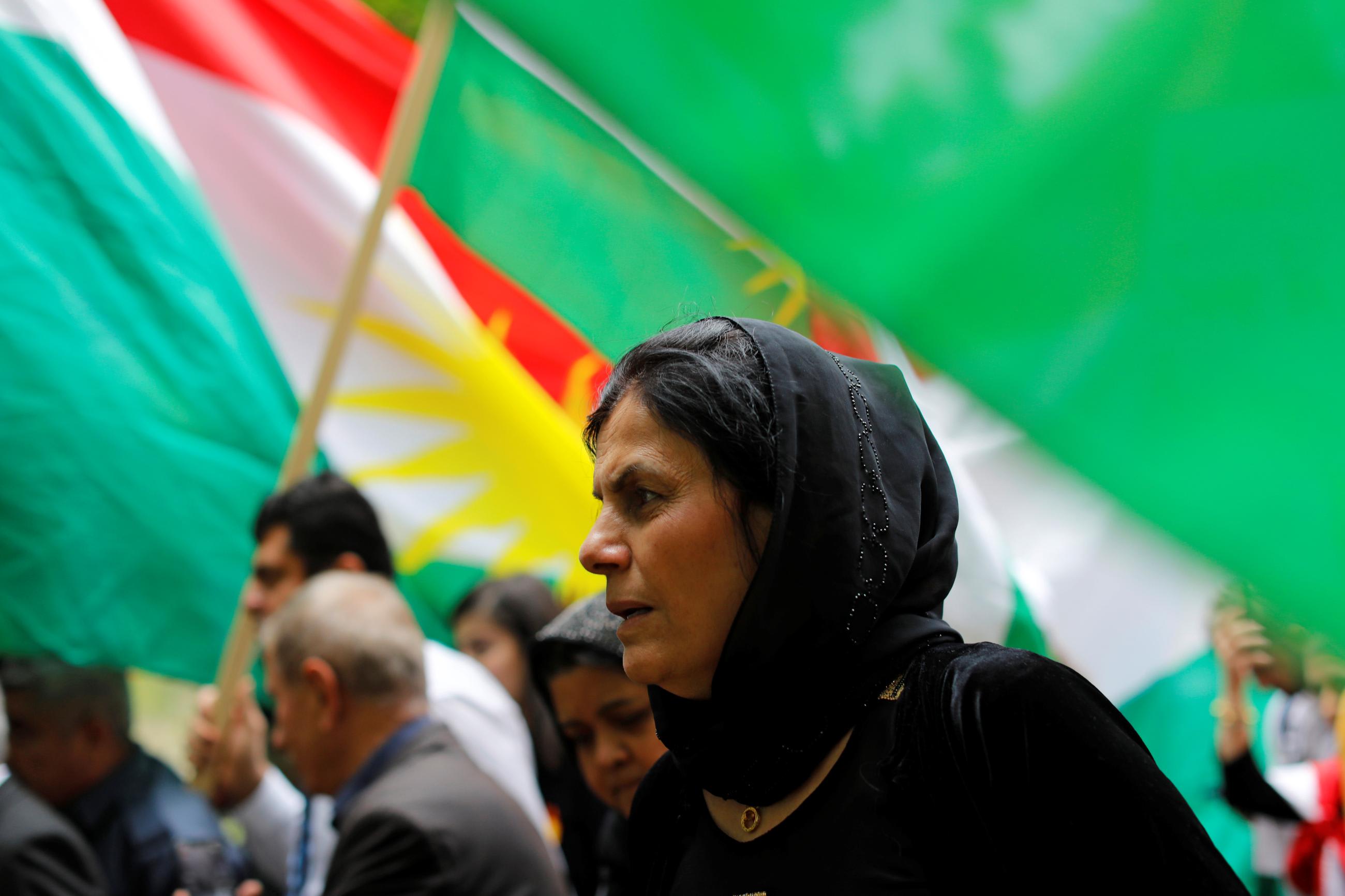
EDITOR'S NOTE: Rona is a pseudonym.
This article was written before the fall of the Bashar al-Assad regime.
